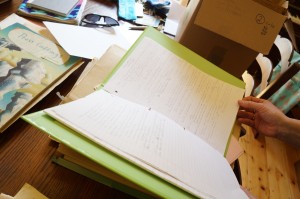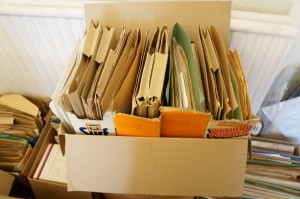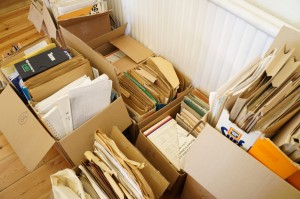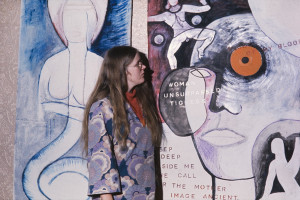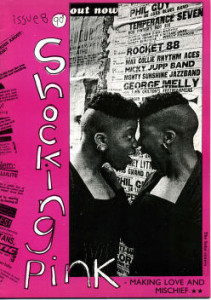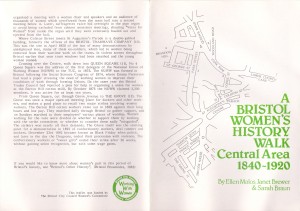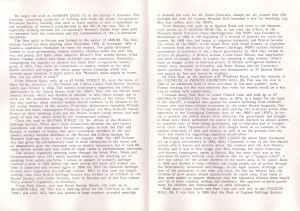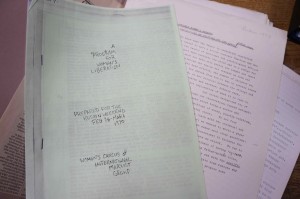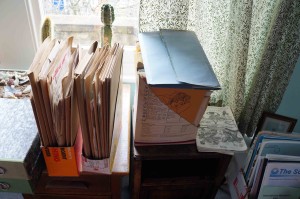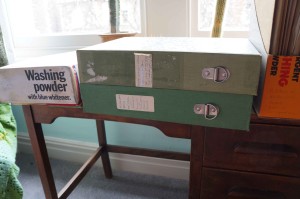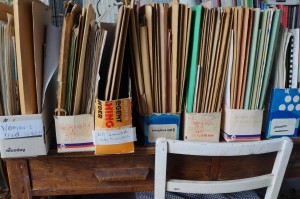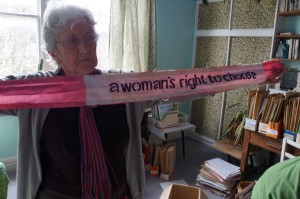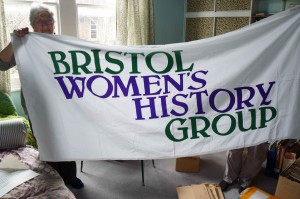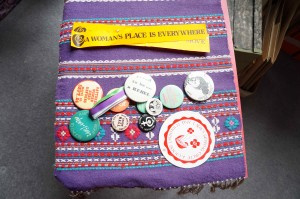The Feminist Archive South have funding from the Heritage Lottery Fund to create a pamphlet that explores how feminist, women’s and other radical histories shape lives, understandings of social change, collective dreams, hopes, disappointments and imaginations.
The pamphlet will be published for the end of the Ellen Malos’ Archives project in September 2013. It will be distributed to schools, further education colleges and libraries in Bristol, the South West and further afield on request (we have limited budget for distribution but can provide free copies should you want some).
We invite people to explore these questions in whatever way they wish, but please do think about the question of what history can do, what it means to individuals and what it can possibly mean to communities, collectives or whatever other way you want to envision/ interrogate/ reconfigure/ think about ‘us.’
Contributions should be written in a non-specialist language as it is envisaged that a wide range of ages and backgrounds will read the pamphlet.
We want to use the pamphlet as a space to explore the practicalities of history making – for example running discussion and memory groups, oral history projects, grassroots archives (on and offline), exhibitions and other ways individuals and communities explore, recover and use history to understand their identities, where they live or the cultures they belong to.
If you work for a feminist or women’s archives, please consider a contribution that tells us about your collection – we plan to have a directory at the back which lists archives and libraries where people can find out about history.
You may also want to consider if digital media has had an impact on the question of what history can do, and how it is shaping individuals and communities right now.
Other contributions can be in the form of
- Visual art e.g., Illustrations, photos, cartoons, posters
- Essays and critical writing
- Philosophical reflections
- Telling radical histories
- Profiles of archives, collections, museums, projects, websites/ web resources
- Practical ‘how to’ articles – e.g., how to use an archive, how to work with historical sources, digital archiving and information management
- Creative Writing, including poetry
- Interviews with interesting projects
- Interviews with people in your community
All written contributions must not exceed 1500 words
All images must be sent as JPEGs 300 DPI
Deadline for contributions
15 July 2013
Please send contributions to [email protected] and contact us for further information

